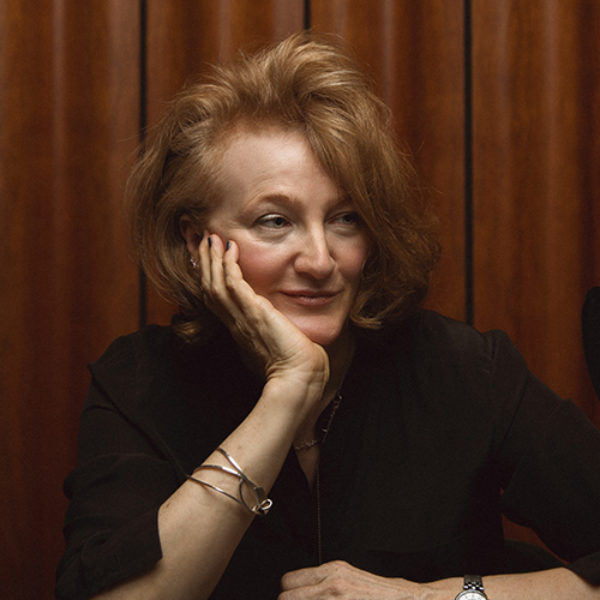The Quiet Lives That Ennoble Us All
It’s strangely tricky to make goodness seem relevant, or at least as perversely riveting as evil. I’m aware of this as a journalist. But, in recent weeks, the most terrible of news has simultaneously introduced us to lives of extraordinary beauty.
Kayla Mueller. Deah Shaddy Barakat. Yusor Mohammad Abu-Salha. Razan Mohammad Abu-Salha. They were ordinary people, and members of a young generation we often blithely dismiss as self-absorbed. Their short, exuberant lives ennobled us all. How, I’m asking myself, can I honor more than their memory. How can I take in my newfound knowledge of their lives as a gift, and let it speak to the life I’m privileged to continue?
Full confession: I’m as overwhelmed as anyone by the tragedy of these events. I’m inclined to turn away in pain and with a sense of powerlessness — even from the gorgeous meditation on the lives of Deah, Yusor, and Razan, which my friend and colleague Omid Safi lovingly pulled together.
His column brings me a photo of Yusor dancing, radiant in her wedding dress, just weeks before her death. It tells stories of Deah and Yusor using their vocation of dentistry to provide relief to refugees in Turkey and to neighbors in North Carolina.
It takes me to a haunting but profoundly nourishing video by Razan, featuring the smiles, courage, and hard-won hope of dozens of other young Muslim Americans, presumably students at UNC who are still with us now. They exude the messages they carry:
“It would be absurd to believe that my generation is apathetic and lethargic.”
And…
“In the future I will be part of a community that is of my own making.”
Kayla Mueller’s letters home to her parents are likewise remarkable testaments to wisdom and grace far beyond her years. On her blog she’d written:
“This really is my life’s work, to go where there is suffering. I suppose, like us all, I’m learning how to deal with the suffering of the world inside myself… to deal with my own pain and most importantly to still have the ability to be proactive.”
Following this calling, she’d started a local chapter of Amnesty International, volunteered with Big Brothers and Big Sisters and a women’s shelter in her hometown, and served in places of desperation from India to Guatemala. She was walking out of a Doctors Without Borders hospital in Syria when she was taken hostage in 2013. Her letter to her parents, sent while in captivity, reminds me of my reading of mystics and saints across the ages, including Julian of Norwich and Mother Theresa:
“I have come to a place in experience where, in every sense of the word, I have surrendered myself to our creator b/c literally there was no else … + by God + by your prayers I have felt tenderly cradled in freefall.
I have been shown in darkness, light + have learned that even in prison, one can be free. I am grateful. I have come to see that there is good in every situation, sometimes we just have to look for it.”
To be clear, Kayla’s letters home would never have been published in the Guardian and the Washington Post had she not died in Syria, with or without that Jordanian bombing. We would not be watching YouTube videos of Yusor, Razan, and Deah had they not been murdered in their apartment in North Carolina. And here is the larger realization this moment brings home to me: our world is abundant with quiet, hidden lives of beauty and courage and goodness. There are thousands, if not millions, of people at any given moment, young and old, giving themselves over to service, risking hope, and all the while ennobling us all.
To take this in and let it matter — to let it define our take on reality as much as headlines of violence — is a choice we can make to live by the light in the darkness, to be brave and free like Kayla, Yusor, Razan, Deah, and all their kindred spirits. We meet a dozen heart-breaking, heart-opening students in Razan’s video alone, and they are still with us.
I will look at their faces, and read their words, and ponder the world they are asking me to help them make. I invite you to ponder with me. How can we — and I use this “we” lavishly and presumptuously, challenging myself as much as you — now be present and supportive of all the beautiful lives which have not been extinguished, as a way of honoring those we have lost and found at the same time?
